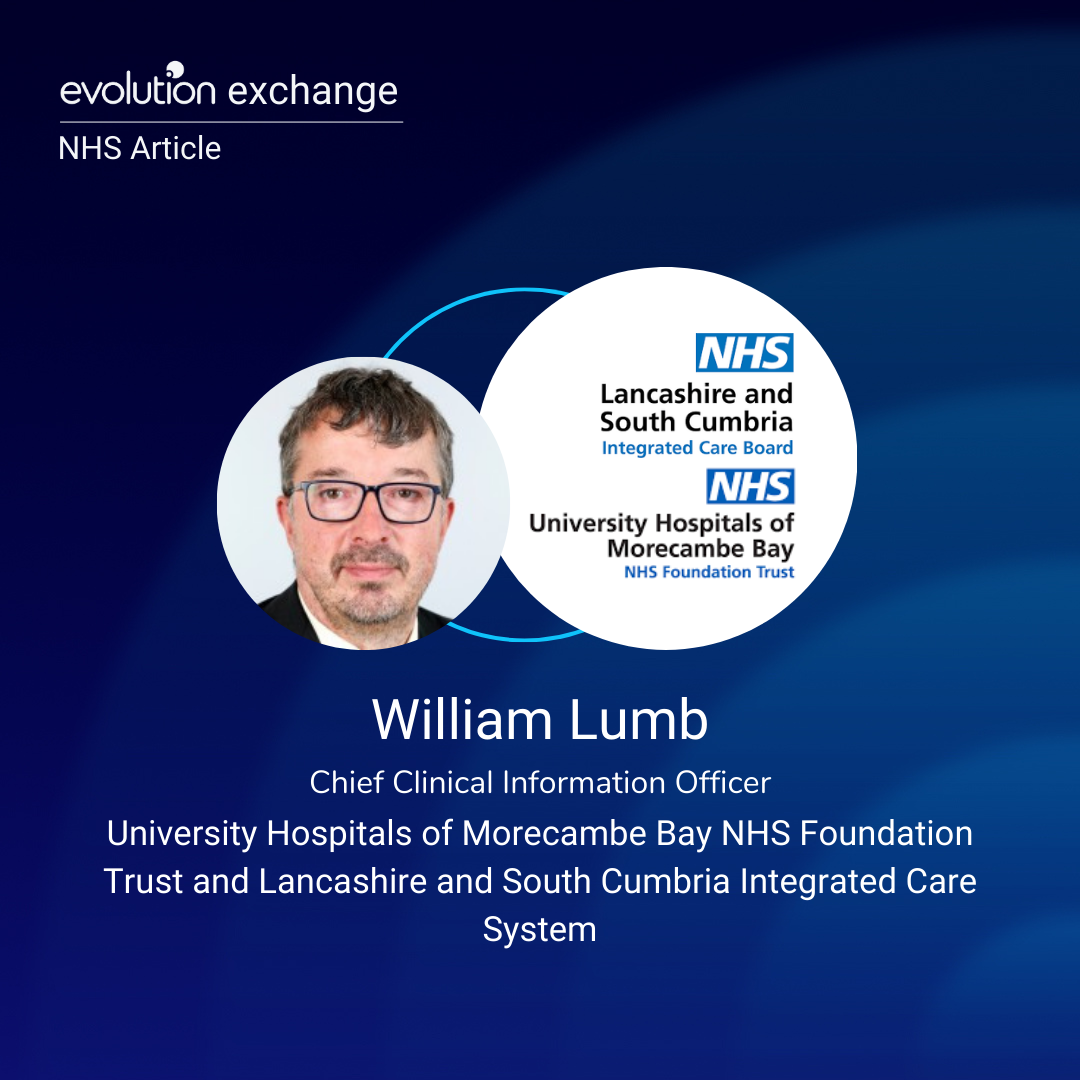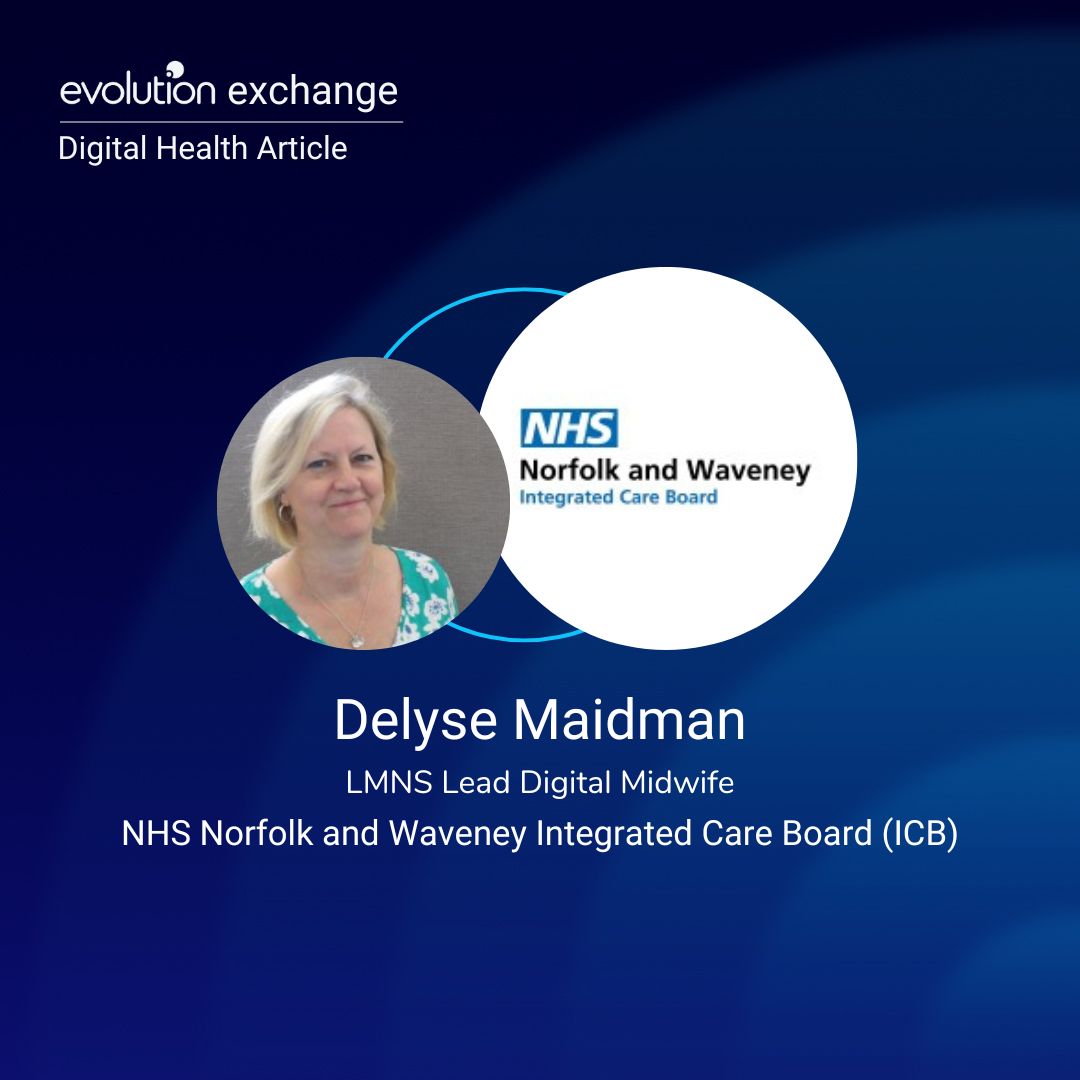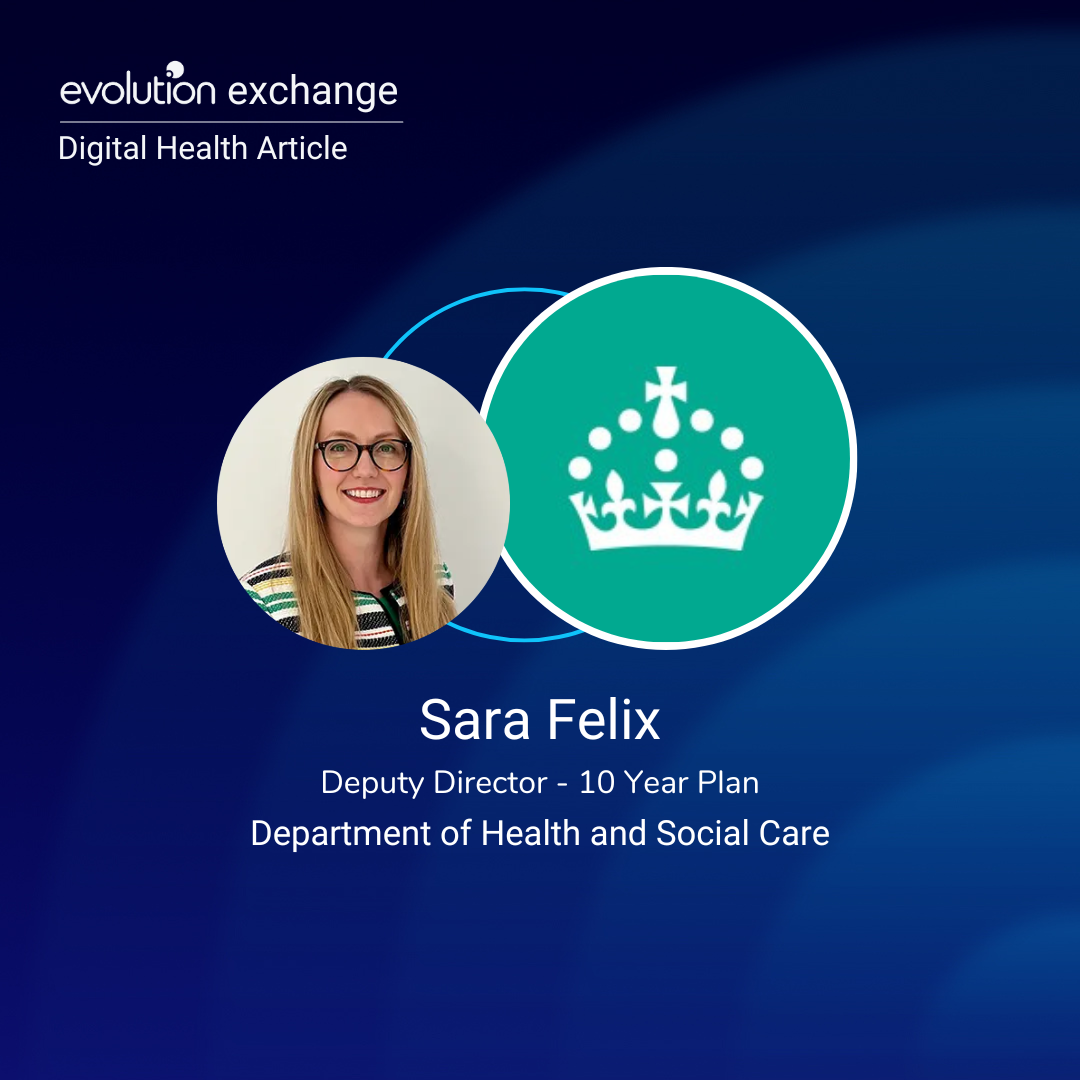William Lumb has had a distinguished career in healthcare spanning over three decades. From his early days as a GP to his current roles as Chief Clinical Information Officer (CCIO) for both University Hospitals of Morecambe Bay NHS Foundation Trust and the Lancashire and South Cumbria Integrated Care System, William has been a trailblazer in embracing digital transformation and promoting allyship within the NHS.
Early Career and Transition to Digital Health
William’s healthcare journey began in 1991 when he initially aimed to work in hospital medicine. However, he soon realised that his true calling was in general practice. “I made an active decision to go into general practice in 1994. I qualified as a GP in 1997, became a GP partner in 2001, and then in late 2008 or thereabouts, started getting interested in digital,” he recalls.
It was the digitisation of primary care and the performance benefits it brought that sparked William’s interest in the digital sphere. This led to his involvement in various digital initiatives, starting with primary care and eventually expanding into the commissioning space, where he focused on record sharing and flow solutions.
Defining Allyship and Its Importance
For William, the word “allyship” encompasses a broad range of concepts, including championing fairness, dealing with prejudice, providing equal opportunities, and understanding people’s lived experiences. He emphasises that allyship is not only the right thing to do but also good for business, as it promotes productivity and success by getting the best out of people.
“Allyship means championing, it means fairness. It means dealing with prejudice, and it means dealing with lack of opportunities. It actually directly is good for business. It means productivity, it means success because an effective allyship will get the best out of the staff we have,” William says.
Navigating Challenges and Championing Inclusivity
Throughout his career, William has encountered situations where he has had to demonstrate allyship and challenge marginalisation within his teams and organisations. He recalls instances where he had to advocate for the community services division he led, ensuring that their needs were not overlooked in discussions dominated by the acute care perspective.
William also acknowledges the impostor syndrome that many professionals face, particularly those from underrepresented groups. He highlights the importance of creating an inclusive environment where everyone’s contributions are valued, regardless of their background or profession.
“I talk about citizens or community or individuals, not patients. I talk about health records, not patient records, and then I talk about practitioners. I am a practitioner, my nurse colleagues are practitioners. If you have the leadership skills, you should be allowed to lead, or if you have the competencies, you should be given the opportunity,” William asserts.
Promoting Allyship Through Curiosity and Understanding
While William acknowledges that he has not actively sought out specific groups or cohorts to champion allyship, he recognises the importance of being open, curious, and understanding of different cultures and experiences. He believes that this curiosity not only enriches our lives but also helps foster better communication and understanding, ultimately benefiting patient care.
“There’s nothing like learning about other people’s cultures. It’s how we are, it’s where we are. We need to celebrate it,” William says.
Advice for Allies: Fostering Inclusivity and Ethical Leadership
When asked about advice for other males on how to practically be allies, William emphasises the importance of getting one’s personal compass right, being open to the issues, and embracing curiosity about different cultures and experiences.
“It’s about getting your own personal compass right, being open to the fact that issues exist, being curious,” he advises.
William also stresses the need for ethical leadership and competency-based decision-making, free from prejudice. He believes that effective leadership should promote teamwork and leverage the diverse strengths of individuals, rather than perpetuating biases or power dynamics.
“Fundamentally, we’re designed to work in teams. We need leadership, but that leadership needs to be competency-based. That leadership should not be prejudiced in any shape or form,” William asserts.
A Continuous Journey Towards Inclusivity
William Lumb’s career is a testament to the importance of allyship and inclusivity within the healthcare system. Through his roles as a CCIO and his advocacy for digital transformation, he has championed the values of fairness, understanding, and ethical leadership.
As he continues his journey, William recognises that he is still learning and growing, moving from conscious incompetence to conscious competence in the realm of allyship. His commitment to curiosity, open-mindedness, and championing diversity sets an example for others in the healthcare industry to follow.
By fostering an environment of inclusivity and embracing the strengths of all individuals, regardless of their background or profession, the NHS can truly maximise its potential and provide the best possible care for the communities it serves.






























